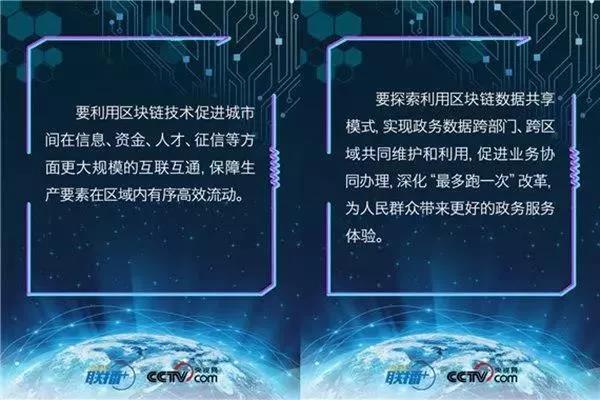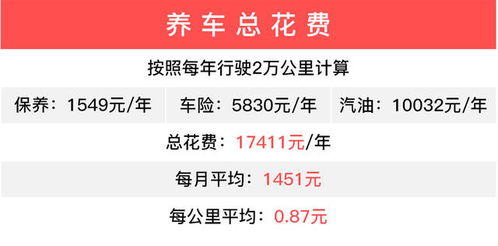Title: The Evolution of Blockchain: A Glimpse into the Next Decade
Introduction
Blockchain technology has emerged as a transformative force across various industries, promising enhanced security, transparency, and efficiency. As we look ahead to the next decade, envisioning the evolution of blockchain is crucial for businesses and individuals alike. This article explores the anticipated changes in blockchain technology over the next ten years through an illustrative journey.

Interoperability will be a key focus in the evolution of blockchain technology. Over the next decade, we can expect significant advancements in interoperability protocols, enabling different blockchains to seamlessly communicate and transact with each other. This will foster a more connected and efficient blockchain ecosystem, facilitating broader adoption and use cases.
Scalability has been a persistent challenge for blockchain networks, limiting their capacity to handle large volumes of transactions. In the coming years, we anticipate the widespread implementation of scalability solutions such as sharding, layer 2 solutions, and improved consensus algorithms. These advancements will enhance throughput and enable blockchain networks to support mainstream applications.
Privacy concerns have been a barrier to the adoption of blockchain technology, particularly in industries dealing with sensitive data. Innovations in privacypreserving techniques such as zeroknowledge proofs and advanced cryptography will bolster privacy on public blockchains, making them more attractive for enterprise applications. Additionally, we may witness the rise of privacycentric blockchains tailored for specific use cases.
The Internet of Things (IoT) presents vast opportunities for blockchain integration, particularly in areas such as supply chain management, healthcare, and smart cities. Over the next decade, we anticipate deeper integration between blockchain and IoT technologies, enabling secure data exchange, automated transactions, and decentralized autonomous organizations (DAOs). This convergence will revolutionize various industries, enhancing efficiency and transparency.
As blockchain technology matures, regulatory frameworks will play a crucial role in shaping its adoption and development. Over the next decade, we expect governments worldwide to establish clearer regulations governing cryptocurrencies, digital assets, and blockchainbased applications. Regulatory clarity will provide certainty for businesses and investors, fostering greater confidence and investment in the blockchain ecosystem.
While blockchain technology has made significant strides in recent years, mainstream adoption remains elusive. However, over the next decade, we anticipate a paradigm shift as blockchain becomes more integrated into everyday life. From financial services and healthcare to supply chain management and voting systems, blockchain will underpin a myriad of applications, revolutionizing how we transact, interact, and govern.
The next decade holds immense promise for the evolution of blockchain technology. With advancements in interoperability, scalability, privacy, integration with IoT, regulatory clarity, and mainstream adoption, blockchain will continue to disrupt industries and reshape the digital landscape. Businesses and individuals must stay abreast of these developments and seize the opportunities presented by the blockchain revolution.











